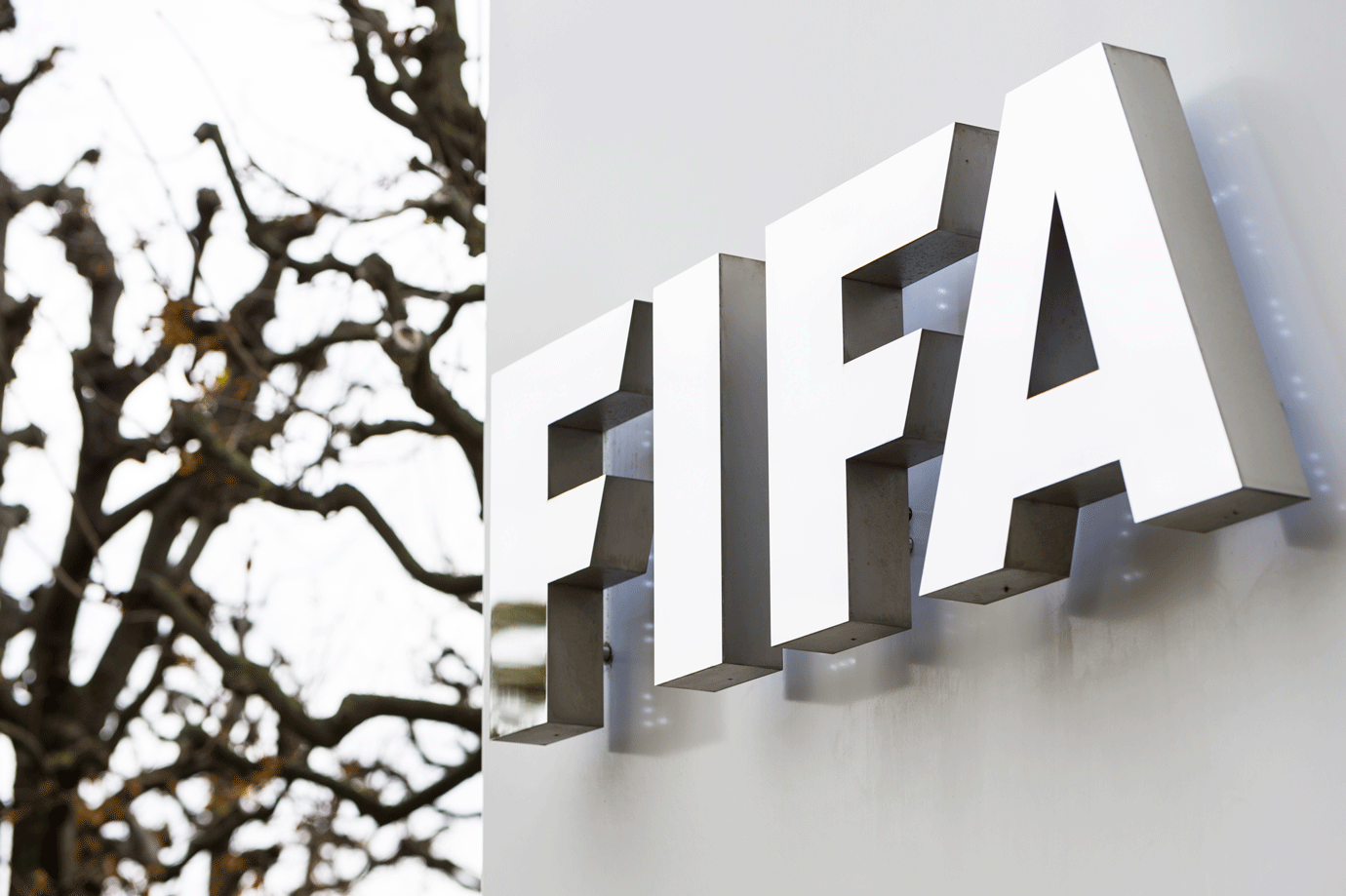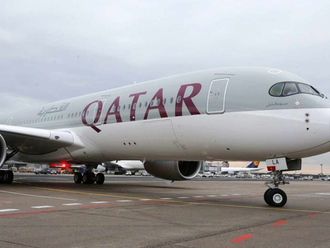
London: Fifa’s ruling council members want the football body’s ethics committee to demand the evidence behind allegations that the Qatar 2022 World Cup bid ran a secret campaign to sabotage their rivals for the tournament.
The 'Sunday Times' reported on Sunday that it had been passed documents by a whistle-blower who worked with Qatar’s bid.
It reported claims that the bid team used a PR agency and former CIA operatives to disseminate fake propaganda about its main competitors, the United States and Australia, in a flagrant breach of the rules set down for bidding countries by football’s world governing body.
Qatar beat rival bids from the US, Australia, South Korea and Japan eight years ago to win the right to host the competition, and has faced questions over its shock win since.
The alleged smears against rival bidders reportedly involved recruiting prominent figures to criticise the bids in their own countries, thus giving the impression they lacked support at home.
Pitching a smear campaign
The 'Daily Telegraph' contacted members of Fifa’s ruling council for comment on the story. More than one said the governing body or its quasi-independent ethics committee should ask to see evidence of the newspaper’s claims, amid calls in Westminster for an “independent investigation” into the allegations.
The officials — none of whom wished to be identified — predicted that the latest allegations would not lead to Qatar being stripped of the World Cup, but they have placed renewed focus on the lengths the Gulf state may have gone to, in its efforts to secure the competition.
According to the 'Sunday Times', the smear campaign included paying a professor £6,900 to write a damning report on the economic cost of a World Cup in the US.
Journalists, bloggers and high-profile figures were recruited in each country to build up concerns over the respective bids, the paper reported. It also claimed that grass roots protests against Australia’s bid were organised at rugby games there, while intelligence reports were compiled on key individuals involved in rival bids.
Fifa rules say that bidders must “refrain from making any written or oral statements of any kind, whether adverse or otherwise, about the bids or candidatures of any other member association which has expressed an interest in hosting the competition”.
The alleged smear campaign appears to have been aimed at exploiting a key Fifa criterion that bids to host the World Cup should have strong public backing back home.
The strategy was reportedly carried out by New York communications firm Brown Lloyd Jones, which is now BLJ Worldwide, in addition to a team of former CIA agents used to help disseminate propaganda against Qatar’s rivals.
One of the leaked emails, seen by the 'Sunday Times', and sent to Qatar’s deputy bid leader Ali Al Thawadi, shows that the Gulf state was aware of a plot to spread “poison” against its chief rivals.
The leaked documents also revealed that a group of American PE teachers had been recruited to ask Congressmen to oppose a US World Cup on the grounds the money would be better spent on high school sports, the paper claimed.
Lord Triesman, former chairman of the Football Association and England bid chairman, urged Fifa to “look at the evidence thoroughly”, and said Qatar should not be allowed to “hold on to the World Cup” if it were shown to have broken Fifa rules. “I think it would not be wrong for Fifa to reconsider England in those circumstances. We have the capabilities,” he told the newspaper.
Last month, the whistle-blower behind the leaked documents gave testimony to Damian Collins, MP, Chairman of the House of Commons’ Culture, Media and Sport Select Committee. Collins told BBC Radio 5 Live that the allegations required a “proper independent investigation and Fifa should make sure that happens”.
He added: “If the Qataris have broken the rules, they should face some sanctions.”
Qatar rejects claims
Qatar said it “rejected” all the claims made by the newspaper.
The country was previously investigated by Fifa over allegations of corruption surrounding the World Cup bid, but was cleared in 2014 following a two-year inquiry by the ethics committee, led by American lawyer Michael Garcia. He said that “for the most part the bidding process was fair and thorough”, despite certain “questionable conduct”. It appears that the documents seen by the 'Sunday Times' were not available during Fifa’s inquiry.
- The Daily Telegraph










